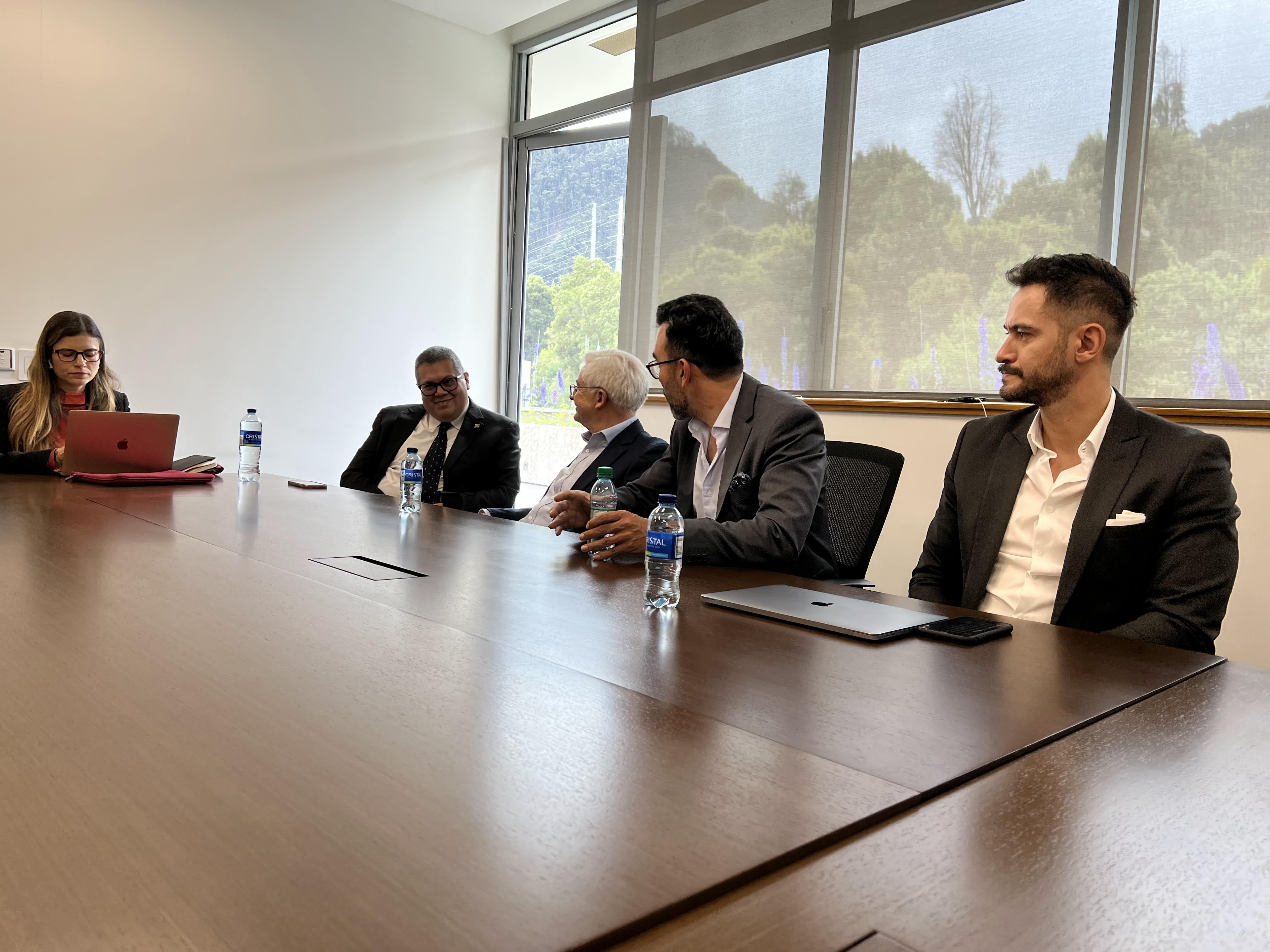
During the discussion, the question of whether DCS can be effective instruments to address global challenges such as food security and sustainable development was addressed. Participants presented different perspectives.
One participant mentioned that DCS are used as quality seals in the cuisine and are an instrument used in the culinary work. For his part, another participant highlighted the importance of the policy of traditional cuisines promoted by the Ministry of Culture, which seeks to cover the entire value chain. In addition, he mentioned the synergy with Artesanías de Colombia (Ministry of Commerce, Industry and Tourism), which also promotes handicrafts related to traditional cuisines.
Likewise, the lack of continuity and knowledge in intellectual property matters in many government entities of the country was discussed. It was suggested to review the document on intellectual property issued by the National Council for Economic and Social Policy (CONPES), which calls on designation of origin.
On the other hand, the importance of effectively communicating the DCS to the target audience, telling the story of the products, was highlighted. In relation to the public policies necessary to promote the use of DCS in the country or region, the following proposals were highlighted:
The existence of areas, producers and populations in Colombia with specific needs that could be addressed through the creation of DCS was also raised. To address these needs, the importance of carrying out a transversal academic research work that covers different areas of knowledge and is not limited only to the legal field was mentioned. Overall, it was concluded that DCS can be effective tools to address global challenges, but greater understanding, education and support by public institutions is required, as well as strategies that use DCS effectively.
Participants:
Moderator: Diego Guzmán – Bogotá Observatory for the Max Planck Institute for Innovation and Competition, Colombia